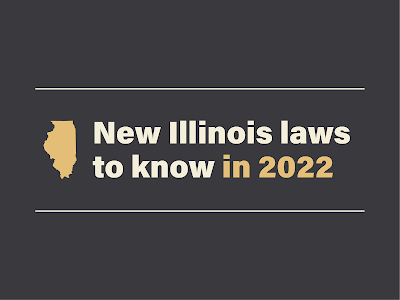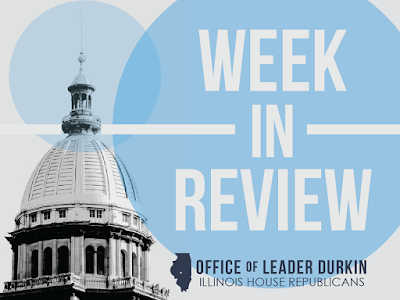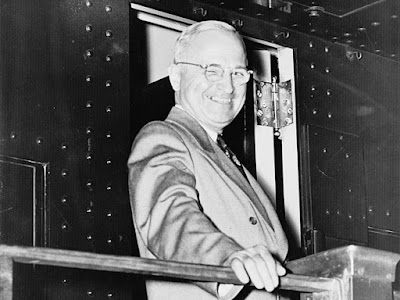 |
Babe Ruth greeted by Lou Gehrig at home plate.
Photo from the National Baseball Hall of Fame. |
As the Major League Baseball playoffs get underway next week some Illinoisans might be tempted to look back on the history of October baseball in our state. There have been some bright spots, like the
crosstown series all the way back in 1906, and the Sox and Cubs both breaking their long title droughts in 2005 and 2016 respectively.
But Chicago’s October baseball history has some moments that are not so pleasant. While most of the details of the
Black Sox scandal of 1919 are well established, and Cub fans are painfully aware of the particulars of the now-defunct curse of the billy goat, an incident at Wrigley Field in the 1932 World Series (which may not have actually happened at all) still inspires discussion and debate today.
Did Babe Ruth really call his shot?































